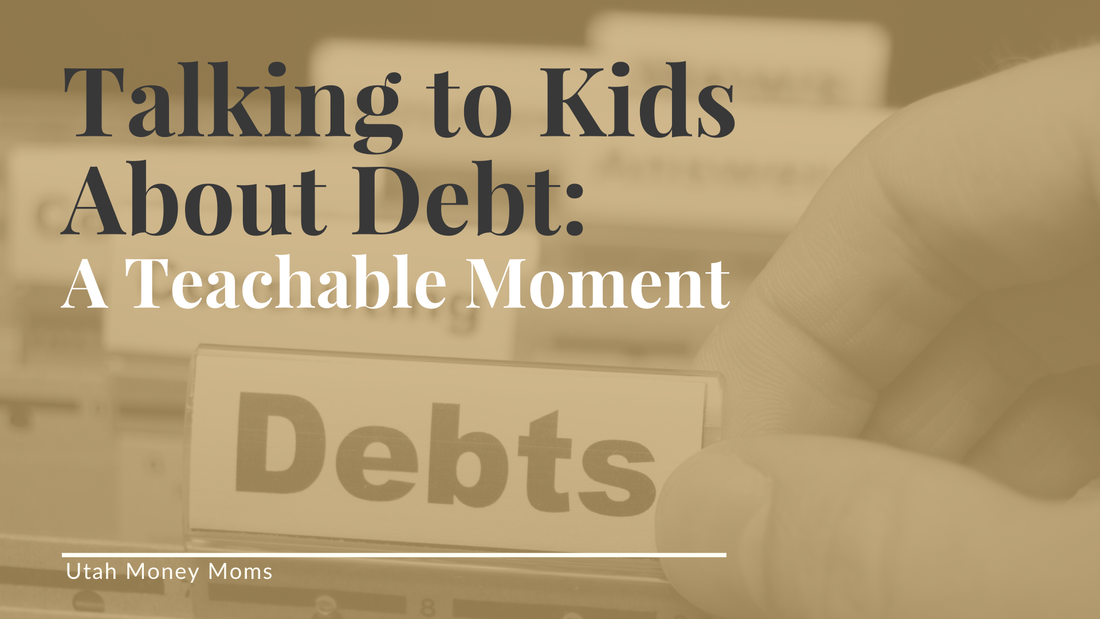|
Vincenza Vicari-Bentley, AFC Empowering Financial Wellness Program Coordinator  Debt can be an abstract topic for children to grasp but it doesn’t mean we should shy away from those money conversations. A few years back, my husband and I were laser focused on paying off our debt. At the time, our child was young, and I found myself struggling to help him understand, in an age appropriate way, why we couldn’t buy that toy or travel to Disneyworld. It hurt much less to scale back on my shopping trips and “extra” expenses than it hurt me to say “no” to some of our child’s wants. I found myself thinking maybe this was a “teachable moment” instead of feeling anxious (and making our child feel anxious) I wanted to frame our debt payoff journey in a way that he could wrap his little head around it without stressing him. Instead of saying, “we can’t afford that”, I would say things like, “I can’t buy that today, but we can save up for it and buy it later”, or offering another fun activity that we could do that didn’t involve spending money. I explained how we were carefully saving our money so that we could say “yes” more in the future and how it’s a little easier to buy things when you can plan out your purchases and save over time. If your child isn’t understanding or feeling sad about giving up something - you could consider getting creative about how the child could earn money to pay for something (or at least help).
Along with selling some of the old toys that were no longer being used, we also introduced the concept of helping mom and dad with small chores to earn what we called “chorebucks” that could go toward something he wanted. When our child was young the conversations centered usually around buying a small toy, and as he got older, to having a conversation about how he could save up money to buy an iPod or the latest and greatest video game. We found that if the desire to have that “thing” wasn’t strong enough, then the effort wasn’t put in to save for it then he wouldn’t be able to buy and that was ok too. By engaging with your children about how money works and your family’s relationship to it, you can help shape their perspective on spending and saving for both wants and needs. Having the conversation about the consequences of digging into debt (like high interest rates, how compound interest works), to buy things you want and why living within your means—even if you have to give up something you love to do or want to buy—is a valuable life lesson (the kind they don’t teach you in school). Before you know it, your child will need to make tough decisions about money and while we can’t always be there to guide them, we can certainly plant the seeds that hopefully our children will remember and feel more prepared when making their own financial decisions.
0 Comments
Your comment will be posted after it is approved.
Leave a Reply. |
TAKE A FREE CLASS!Host a ClassamandaSharing real-life money smarts to help you stay on track with financial goals while still enjoying life! Follow the fun on InstagramAS SEEN ONawardsBest of State 2022 & 2023: Personal Finance Education
1st Place National Award in Social Media Education from the National Extension Association of Family and Consumer Sciences
Gold Award in Blog Site category at the 7th annual Education Digital Marketing Awards.
Platinum Award in Digital Media, Web Design category at the International Marketing and Communication Awards.
Categories
All
|








